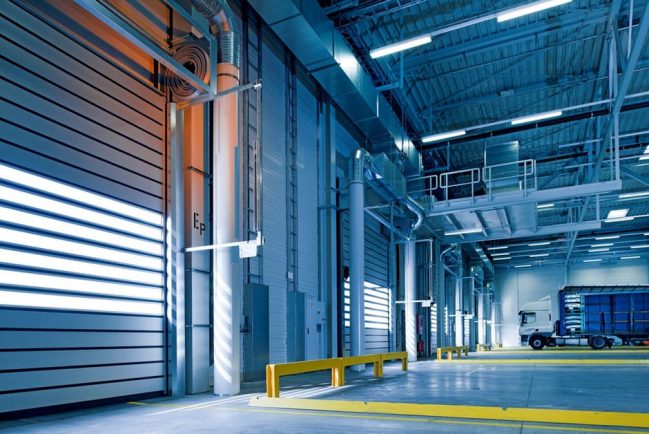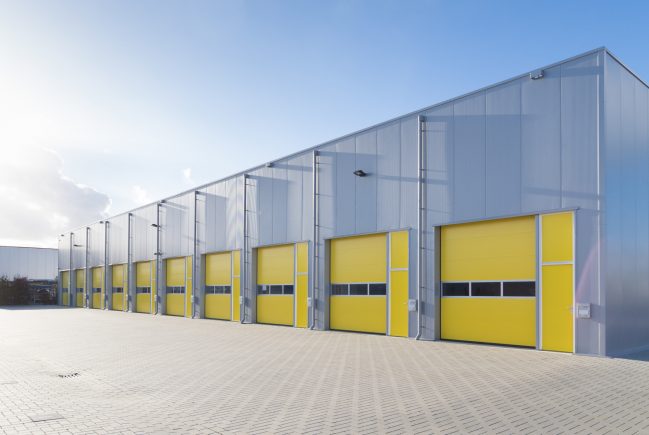With a population of over 3.2 million, Orange County CA is a hot place for real estate investors to start buying. Still, knowing when to invest can be challenging if you don’t know current market trends. That’s why it’s important to do your research and get informed.
You’ve come to the right place! Read on to learn the ins and outs of Orange County real estate market trends so you can make a lucrative commercial property investment.
High Demand, Low Inventory
The US unemployment level is currently at its lowest in 54 years. It’s currently at only 3.6%, which means that the majority of the population that can work is doing so.
Workplaces are also expanding. Per the current Fortune 500 list, the 500 biggest companies in America made a collective $13.7 trillion. That’s about 2/3 of our nationwide economy.
Naturally, this leads to an increased demand for commercial property rentals. People need a place to work whether they go into an office each day or work in a warehouse or manufacturing plant.
However, the high population of Orange County means that there isn’t enough real estate for everyone who wants to purchase. This makes them somewhat expensive.
It’s important to know that you will have competition. You may need to pay more money upfront than you would have in previous years.
A High Economy
Luckily, with the Orange County economy at an all-time high, investing in commercial real estate is still possible.
Employment has risen by over 215,000 jobs since the end of 2022. This puts about 6.33 million people in the current workforce. This growth is about 4.8% of the growth across the US.
Long Beach, Los Angeles, and Anaheim are doing economically better than a lot of the country.
Naturally, a booming economy should lead to higher buyer confidence levels. Unfortunately, this isn’t always the case when it comes to commercial real estate. List prices are high because demand is high, so people question whether or not it’s the right time to make an investment.
Generally, though, now is a good time to buy. You just need to be willing to take the leap and make that high upfront purchase.
So, When Is the Right Time to Invest in Orange County Real Estate?
Generally, buying commercial real estate is best during times of economic growth. That’s when the market is at its strongest. When more people are looking to buy, more people are also looking to rent.
That definitely describes the current situation in Orange County!
Spring and Summer
It’s also important to note that like residential sales, the best time to buy commercial real estate generally follows a seasonal pattern. March through August tend to be the best times to get good deals on the market. A spring or summer purchase is a great idea.
While there are no weather conditions in SoCal to prevent a smooth winter move, the US trend is important everywhere. People’s leases often expire in the summertime. Out-of-state businesses looking to expand will want new properties then. You’ll have an easier time finding a renter.
The Right Space Is Available
You can’t just invest in any property and expect to turn a high ROI. It’s extremely important that you find the right one.
You don’t want a dilapidated property that will require a lot of initial upfront maintenance. This will cost more even if the property is listed at a lower price. Since you won’t start collecting rent until the renovations are complete, you’ll lose a lot of money for a long period of time.
You also want to make sure that you can find a property in a desirable area.
Businesses don’t want to operate in bad parts of town. Retail shops especially want places with high foot traffic. You’ll have a hard time finding renters if you’re not cognizant of this.
Finally, make sure that the appropriate type of property is available for you. Owning and maintaining an office building is much different than a retail storefront. Industrial and warehouse buildings are even more different.
You want to take on the perfect project for your individual needs.
Why Commercial Investments?
There are tons of awesome reasons to invest in commercial properties. The main downside is the upfront list price, but there are ways to make it easier on yourself. Banks and credit unions offer loans specifically for new commercial property investors, and they often have reduced interest rates and APR financing.
You’re also going to get a really high ROI from commercial properties. While a residential investment can only be let out to one family at a time, commercial properties can usually be leased to multiple companies. Office buildings have several floors, and warehouse spaces can store goods from multiple businesses.
Plus, since commercial renters have more money allocated for rent than individuals, you can get away with charging more.
Leases are also longer on commercial properties than on residential ones. Individuals and families usually request yearly leases. Commercial renters can sign leases for 5-10 years at a time.
This locks people into a longer commitment, giving you a steady and stress-free source of passive income in Orange County.
Start Investing With Expert Real Estate Brokers
Now that you know whether it’s the right time to buy Orange County real estate, it’s time to begin looking for properties that you can rent out. Our experts are committed to helping you find the perfect location for your next investment so you can get the highest return.
We offer retail, industrial, office, and warehouse building options, so you have several different possibilities to choose from. Contact us and call (877) 775-9625 to start looking for top-notch real estate today.









